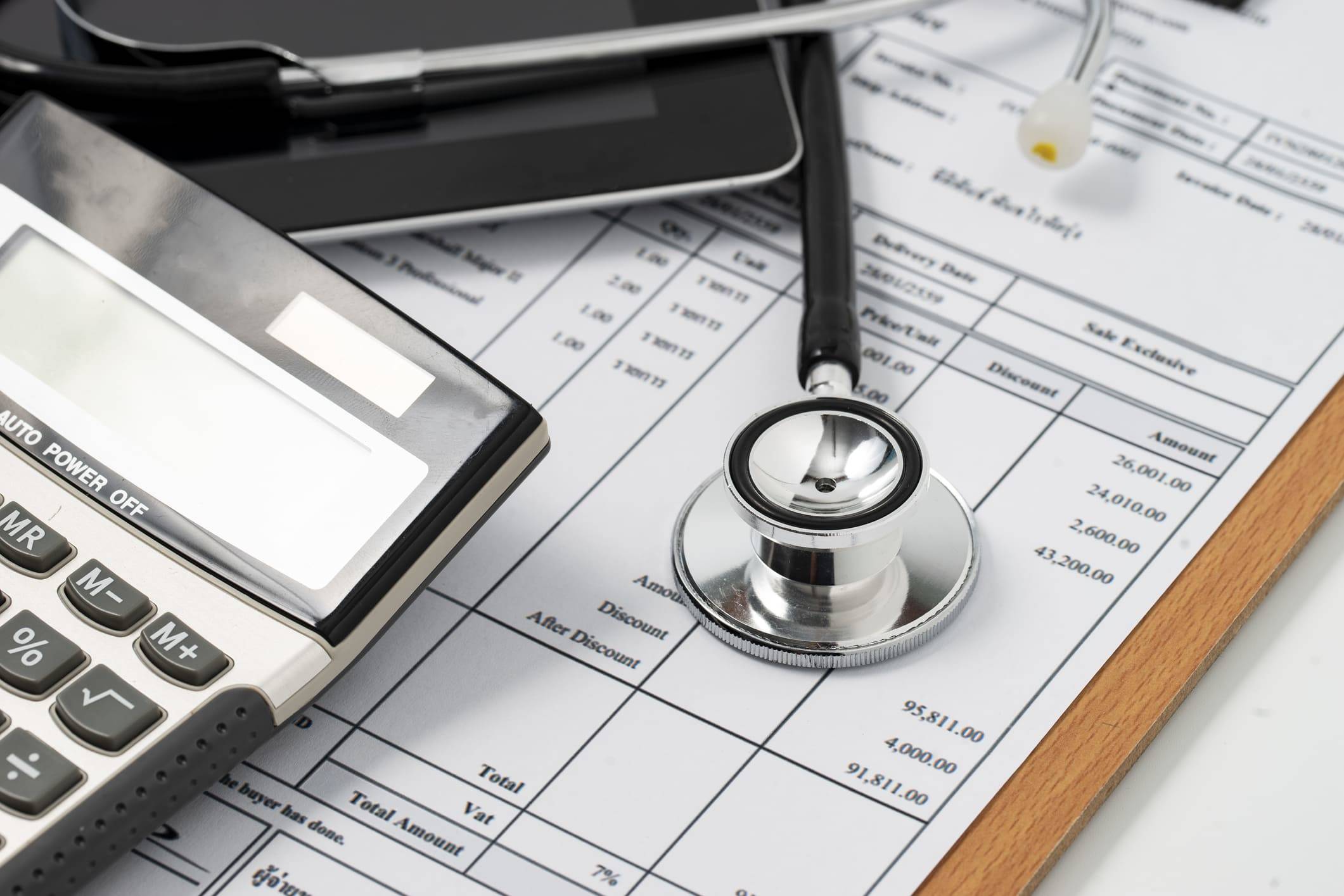By Jeff Field | Published June 27, 2023 | Posted in Bankruptcy | Tagged Tags: 730-day rule, exemptions, forum shopping | Leave a comment

How Moving to Another State Can Affect Your Bankruptcy
Although people may fear that they’ll lose much of their property if they file for bankruptcy, the reality is that debtors who opt for this remedy usually keep most of their assets. That’s because federal and state laws allow debtors to claim exemptions — namely, categories of property that are shielded from creditors. However, the Read More
Read More
Bankruptcy Exceptions for Active and Veteran Military Members
People serving the armed forces sacrifice a great deal for their country, often at their own expense. Provisions of the bankruptcy code as well as other federal laws are in place to assist veterans and active service members with getting through tough financial times. The U.S. Bankruptcy Code includes special exceptions, some of which apply Read More
Read MoreAdversary Proceedings Over Objections to Discharge of Debts
Disputed issues in bankruptcy cases are sometimes resolved in an adversary proceeding. This is a case within the case and can be brought by the person filing for bankruptcy, by the trustee or by a creditor. A common type of adversary proceeding arises from creditors’ objections to discharge of certain debts on the grounds that Read More
Read More
5 Common Mistakes to Avoid in Filing for Bankruptcy
Bankruptcy offers relief from most or all of your debts and allows you a fresh start in rebuilding your finances and credit rating. However, mistakes made prior to filing for bankruptcy can result in some or all of your debts not being discharged. In some cases, a mistake may even lead to the dismissal of Read More
Read More
Using Bankruptcy for Relief from Medical Debt
Unpaid medical bills are among the most common types of debt for which people seek bankruptcy protection. Major medical debt accounts for 40 percent of bankruptcies. Such debt often results from a serious illness or health condition that requires hospitalization, surgery and/or other care. The costs can easily amount to tens of thousands of dollars, Read More
Read More
What Happens if You Can’t Afford to Make Your Chapter 13 Payments?
In a Chapter 13 bankruptcy, you agree to pay off a portion of your outstanding debts over a designated period of time. But many things can happen during the three or five years that a Chapter 13 plan is in place. A job loss, severe illness or other unexpected calamity can disrupt even the best Read More
Read More
Avoiding and Resolving Disputes Over Debt Discharges in Bankruptcy
In consumer bankruptcy cases filed under Chapter 7 or Chapter 13, creditors have the opportunity to object to discharge of debts for a variety of reasons. There are three major categories of discharge objections: underlying misconduct, bankruptcy fraud and misapplication of bankruptcy law. Most discharge disputes can be avoided if a debtor is honest and Read More
Read More
Is it Possible to Keep Some of Your Nonexempt Property in Chapter 7?
In a Chapter 7 bankruptcy, the appointed trustee collects and sells part of the debtor’s assets and then distributes the proceeds to creditors. However, Chapter 7 debtors are not left entirely destitute. Assets that the debtor is allowed to keep are called exempt property. In addition, a Chapter 7 debtor may be allowed to keep Read More
Read More
How Long Must You Wait Before Filing a Second Bankruptcy in Georgia?
Bankruptcy is designed to give debtors a fresh start with their finances. Most people who file for bankruptcy do so only once. However, some debtors find it necessary to file bankruptcy petitions twice or more. While technically there are no limits on the number of times you can seek bankruptcy protection, there are prohibitions and Read More
Read More
How Does an Increase in Income Affect Your Chapter 13 Plan?
Filing for Chapter 13 means committing to a debt repayment plan that typically runs for three or five years. The amount you pay each month is determined at the time the court approves the plan, based on a calculation of the disposable income you have left after paying for food, housing, utilities and other costs Read More
Read More- April 2024
- March 2024
- February 2024
- January 2024
- December 2023
- November 2023
- October 2023
- September 2023
- August 2023
- July 2023
- June 2023
- May 2023
- April 2023
- March 2023
- February 2023
- January 2023
- December 2022
- November 2022
- October 2022
- September 2022
- August 2022
- July 2022
- June 2022
- May 2022
- April 2022
- March 2022
- February 2022
- January 2022
- December 2021
- November 2021
- October 2021
- September 2021
- August 2021
- July 2021
- June 2021
- May 2021
- April 2021
- February 2021
- January 2021
- December 2020
- November 2020
- October 2020
- September 2020
- August 2020
- July 2020
- June 2020
- May 2020
- April 2020
- March 2020
- February 2020
- January 2020
- December 2019
- November 2019
- October 2019
- September 2019
- August 2019
- July 2019
- June 2019
- May 2019
- April 2019
- March 2019
- February 2019
- January 2019
- December 2018
- November 2018
- October 2018
- June 2017
- May 2017
- May 2016
- April 2016
- March 2016
- February 2016
- January 2016
- December 2015
- October 2015
- September 2015
- August 2015
- July 2015
- June 2015
- January 2015
- July 2014
- May 2014
- April 2014
- March 2014
- February 2014
- January 2014
- September 2013
- August 2013
- July 2013
- April 2013
Please fill out the form below and one of our attorneys will contact you.


